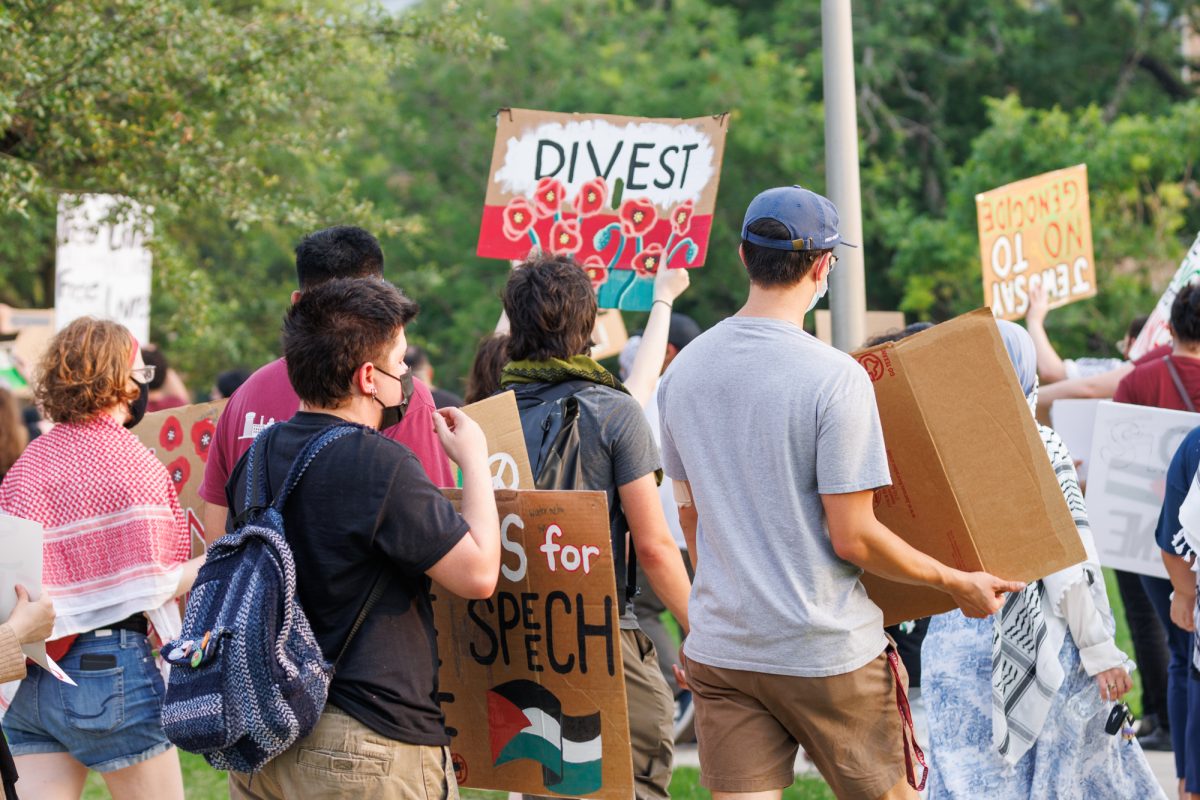Texas A&M seeks to squash recent allegations of its Qatar campus compromising national security. Despite doubts regarding the findings of these reports, A&M has spoken up about misinformation.
In a Jan. 4 X post, the Institute for the Study of Global Antisemitism and Policy, or ISGAP, alleged the existence of a “confidential agreement” that grants Qatar “unprecedented control over research and standards, faculty, curriculum and budgets at Texas A&M … which hosts sensitive nuclear research and weapon development research.”
ISGAP also released a 17-page document titled “Hijacking Higher Education Qatar, The Muslim Brotherhood and Texas A&M” as part of its “Follow the Money” project. Starting in 2012, the project studies the funding of U.S. universities by foreign institutions that promote antisemetic ideologies or are connected to terrorism.
The report alleges Qatar has acquired ownership of over 500 A&M research projects in sensitive fields such as nuclear science, artificial intelligence, cybersecurity, biotech robotics and weapons development. In return, ISGAP said A&M received over a billion dollars in funding.
Following its report, ISGAP sent a letter to senior U.S. officials to urgently investigate the issue.
On Sunday, Jan. 7, A&M President Mark A. Welsh III released a statement addressing allegations A&M’s campus in Qatar was exposing sensitive research and information to foreign adversaries.
Welsh said the research conducted at Qatar does not involve nuclear technology, weapons or national security research.
“The research conducted at this campus focuses on energy, water and environment, carbon capture, smart manufacturing, artificial intelligence and machine learning, data science and data analytics in the energy sector,” Welsh said. “… nor does the Qatar campus have any connection to nuclear reactor research done in Texas or the Los Alamos National Lab. The insinuation that we are somehow leaking or compromising national security research data to anyone is both false and irresponsible.”
Welsh said the A&M-Qatar campus has been instrumental in advancing education and research since its founding.
“We have graduated more than 1,500 engineering students and currently serve over 730 students,” Welsh said. “Many of these graduates are taking leadership roles at major energy companies in Qatar and around the world. The endorsement of academic programs and student activities by many U.S. and multinational companies underscores the campus’s significance in shaping the future generation of engineers. A&M’s Qatar campus also achieved a significant milestone in recent years as women now constitute half the student population.”
The Qatar campus operates under the same research compliance offices as the main campus and complies with U.S. laws and regulations, Welsh said.
“All research and its funding at the Qatar campus is reviewed and managed through the same A&M research compliance offices as the main campus,” Welsh said. “All A&M campuses, including Qatar, follow the same policies related to research and funding, which means each abides by state and federal research and export control regulations.”
In light of the reports, Welsh said A&M continues to monitor developments in Qatar, affirming commitment to the university’s high standards for security.
“Texas A&M remains vigilant in monitoring developments in the region, especially since early October,” Welsh said. “We will continue to engage Chancellor Sharp and the Texas A&M University System Board of Regents on this matter, and will keep our faculty, staff and students informed if/as the situation changes.”
ISGAP director Charles Asher Small, Ph.D., reiterated the allegations and said Welsh “dismissed” its findings in a Jan. 9 statement.
“At the same time, it is important to note that President Welsh did not dispute Qatar’s ownership of over 500 research projects, including their Intellectual Property and student information — we believe this is a critical point that requires further examination,” the X post reads. “We therefore call for an urgent meeting with President Welsh to present the full findings and foster transparency in addressing the serious implications highlighted in our report.”
















